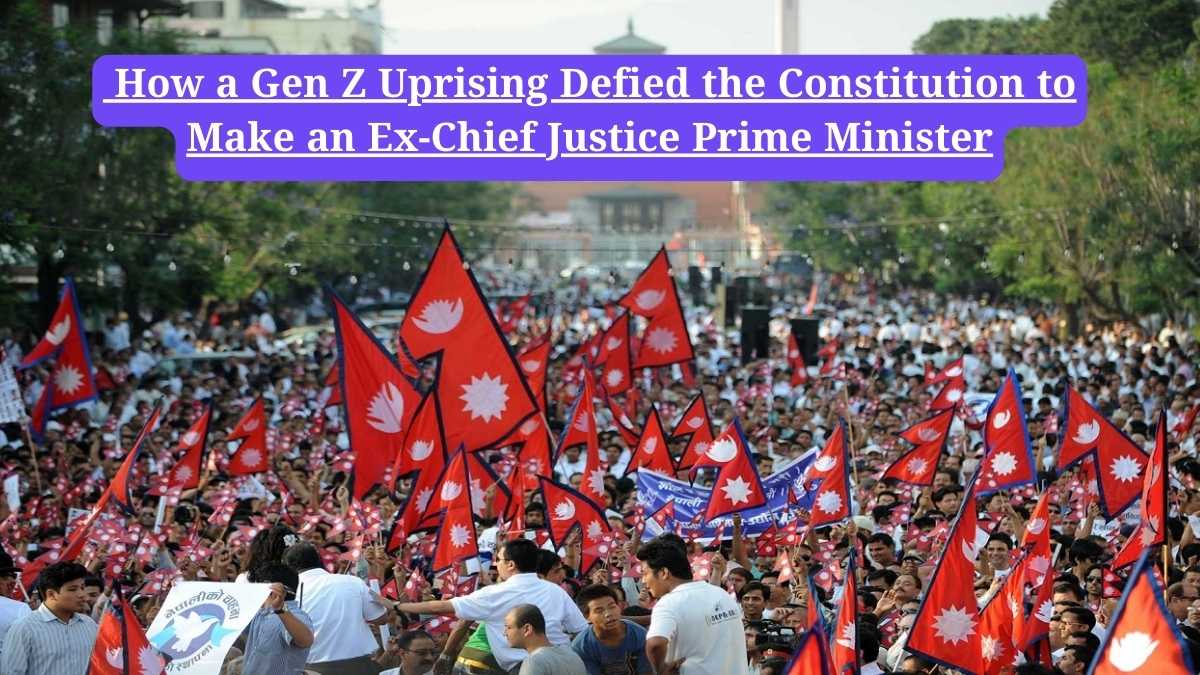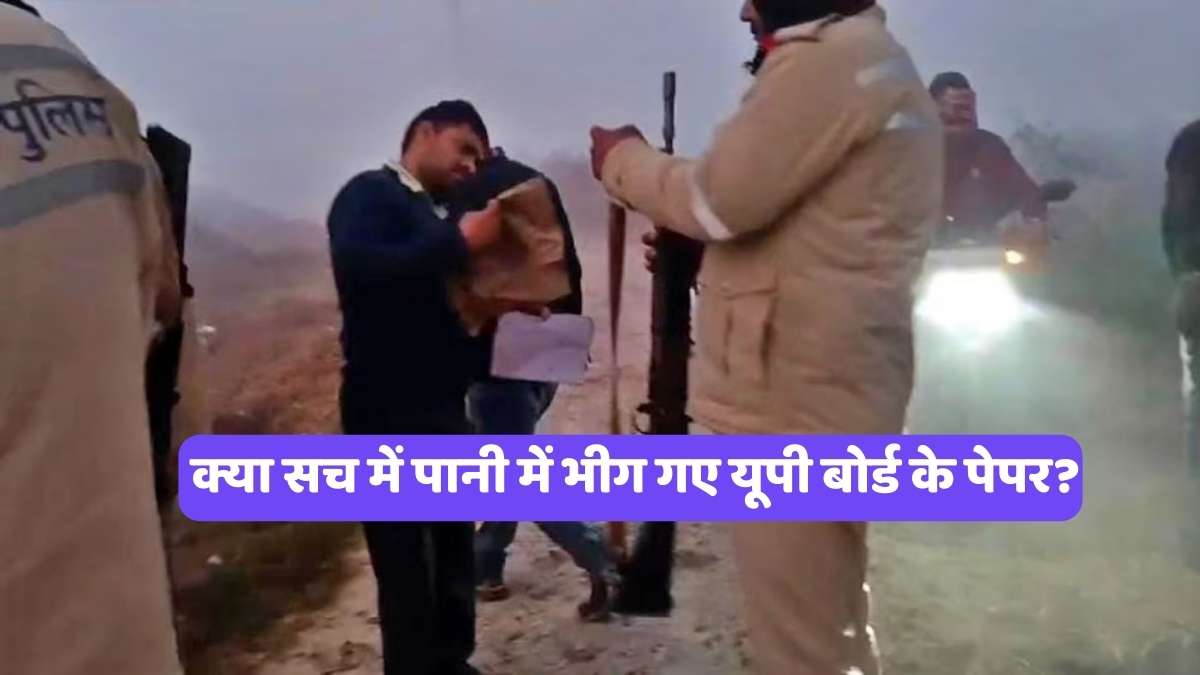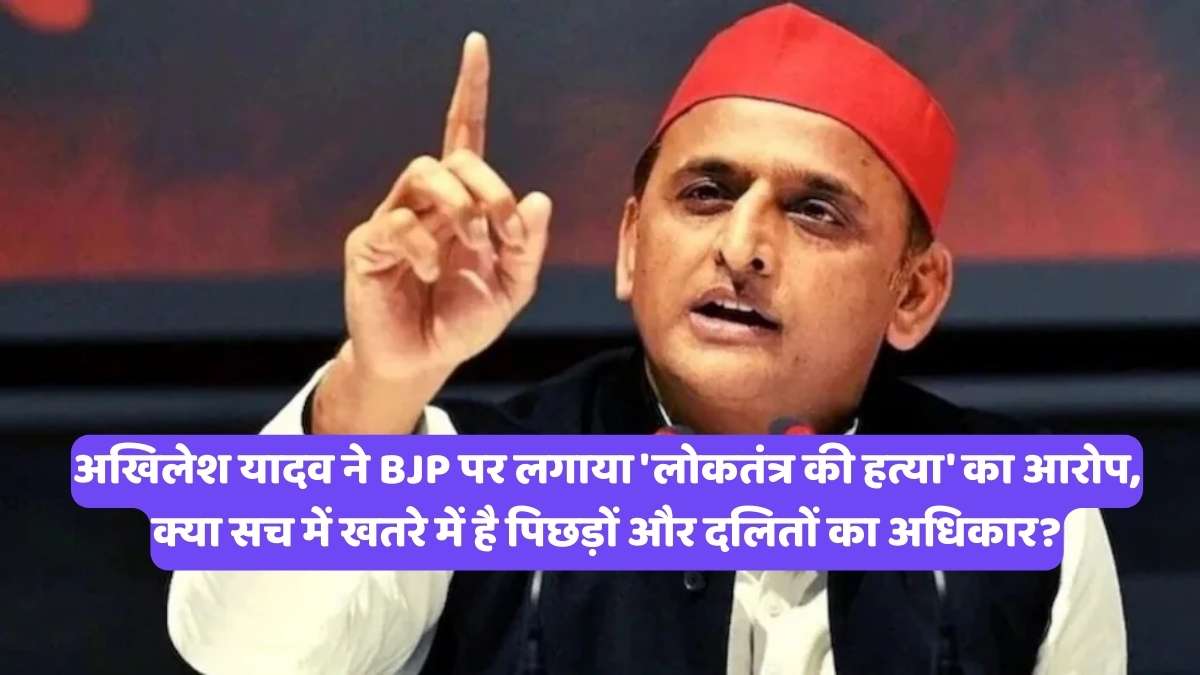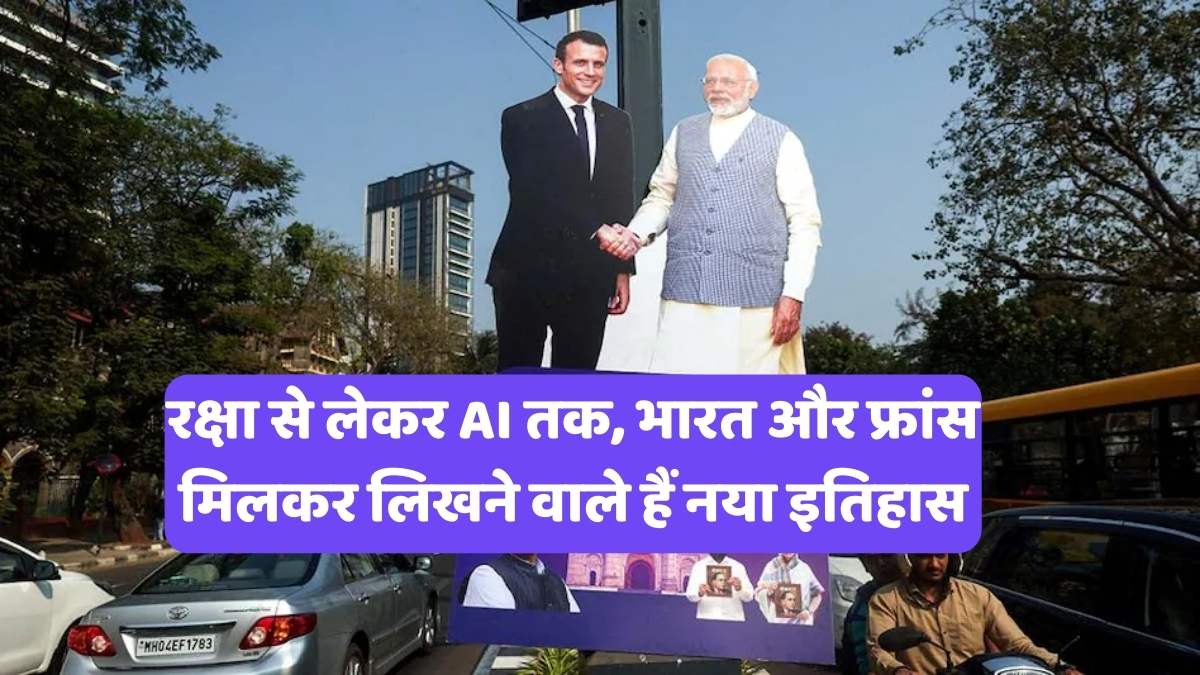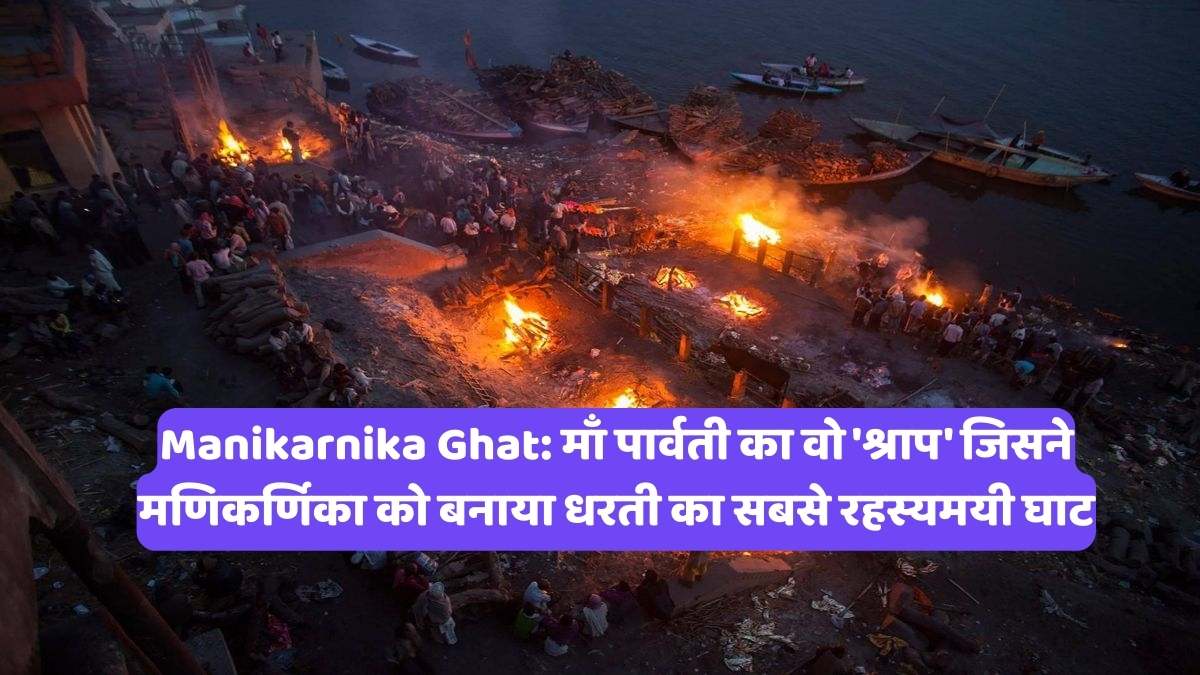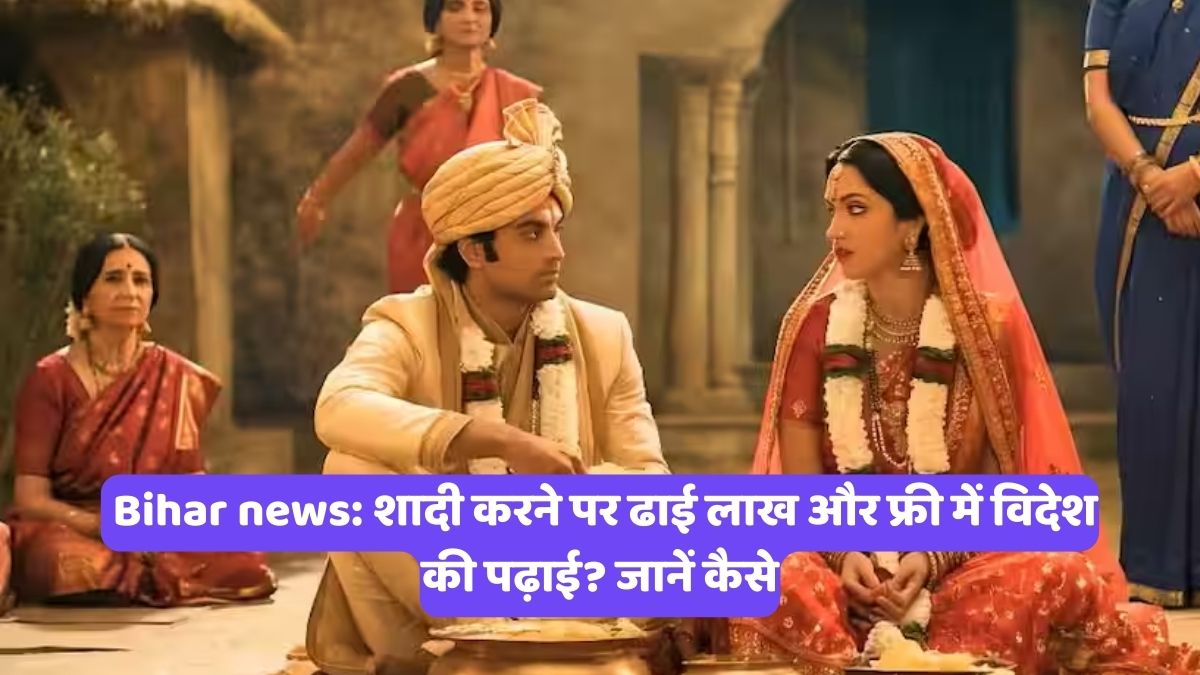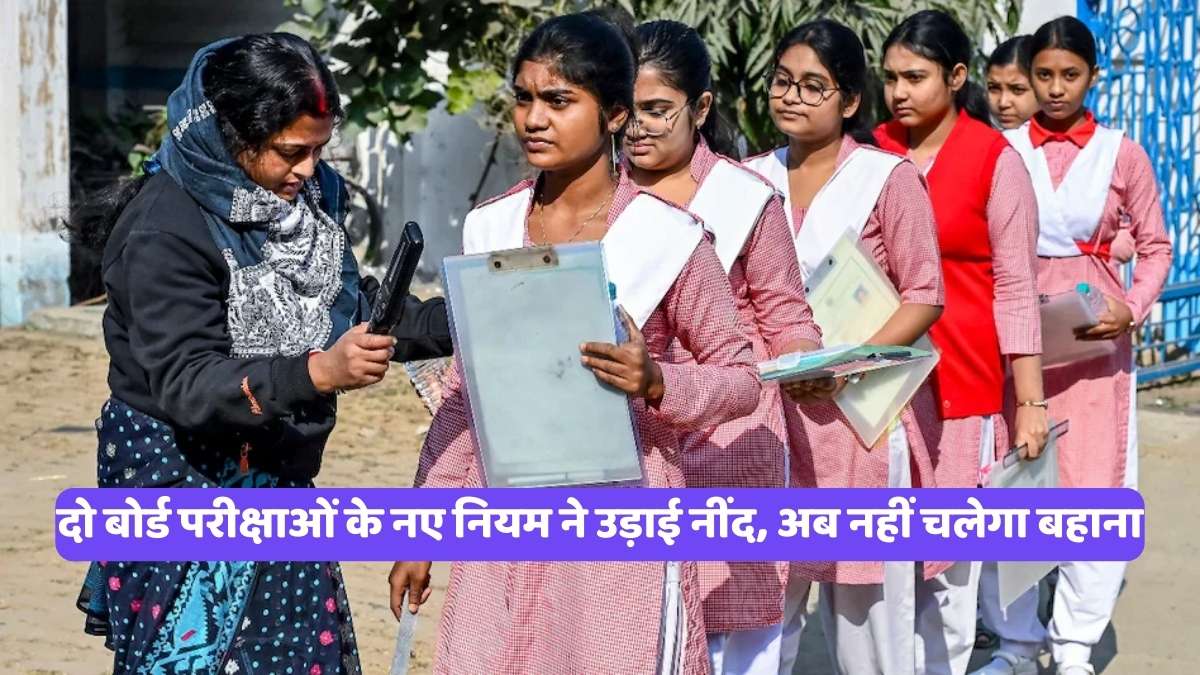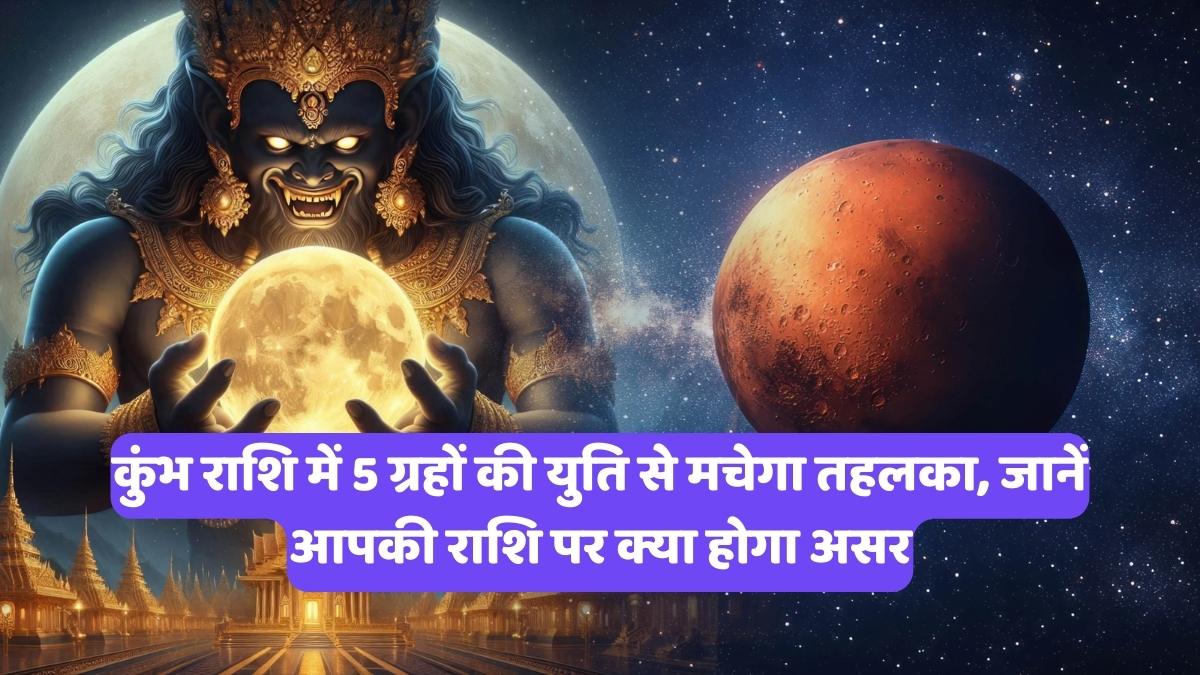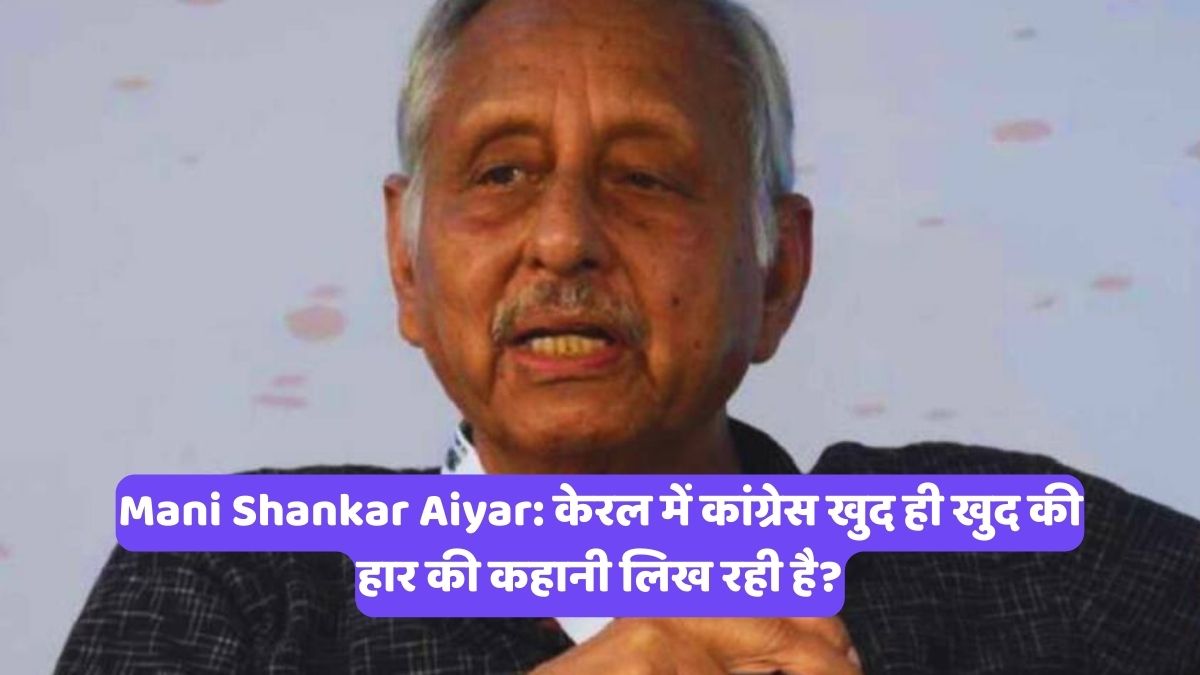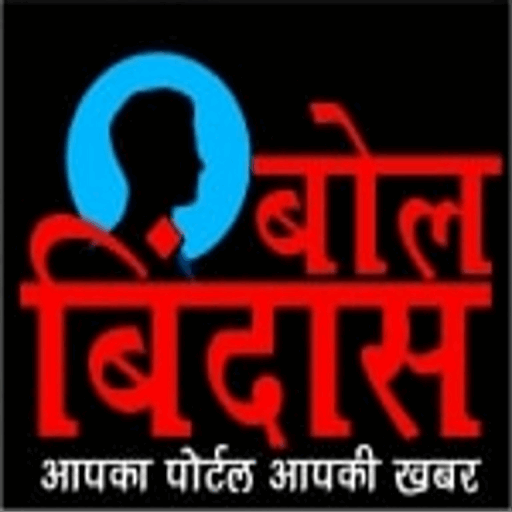Join WhatsApp
Join NowNepal New Govt: In a political upheaval that has sent shockwaves through South Asia, Nepal has witnessed an unprecedented transfer of power. Former Chief Justice Sushila Karki has been sworn in as the head of the nation’s new interim government, taking the oath of office as Prime Minister on Friday, September 12, 2025. This dramatic development, a direct result of a youth-led popular movement, has signaled a tectonic shift in the Himalayan nation’s politics, prompting an immediate reaction from its influential neighbor, India.
Indian Prime Minister Narendra Modi was among the first world leaders to respond. In a clear message of support for the new administration, PM Modi extended his heartfelt congratulations to Sushila Karki, reaffirming India’s unwavering commitment to Nepal’s progress and stability.
Taking to the social media platform X, PM Modi posted, “Heartiest congratulations to the Honorable Sushila Karki ji on assuming office as the Prime Minister of the interim government of Nepal. India is fully committed to the peace, progress, and prosperity of the brothers and sisters of Nepal.” The message, which was also thoughtfully tweeted in Nepali, underscores the significance of this leadership change for Indo-Nepal relations.
This shift is being closely watched globally, as Sushila Karki is widely seen as a leader with a balanced and supportive stance towards India. This comes in stark contrast to her predecessor, KP Sharma Oli, whose tenure was marked by a conspicuous tilt towards China. In a significant prelude to her appointment, Karki had publicly expressed her admiration for Prime Minister Modi, praising his leadership and effective governance, signaling a potential new and warmer chapter in bilateral ties.
The Gen Z Revolution That Rewrote the Rules
The appointment of the 73-year-old former top judge is the culmination of weeks of intense political uncertainty following the resignation of KP Sharma Oli. The real architects of this change were Nepal’s Gen Z protesters, who organized massive, relentless demonstrations that brought the country to a standstill. It was these young activists who, in a bold and unprecedented move, proposed Sushila Karki’s name to the Army Chief as a neutral and respected figure to lead the nation out of crisis.
However, the path to her appointment was fraught with constitutional roadblocks. President Ram Chandra Paudel initially resisted the proposal, repeatedly citing the constitution, which does not permit a former justice to hold a political office. He argued for a solution that remained within the constitutional framework. But the sheer, unrelenting pressure from the mass protest movement proved to be an unstoppable force. In a historic turn of events, the President was compelled to bow to the will of the people, leading to Sushila Karki’s swearing-in on September 12th.
The Mandate from the Streets: Demands Accepted by the New PM
The new interim Prime Minister has taken charge with a clear mandate handed to her by the very movement that brought her to power. Sushila Karki has agreed to a set of transformative demands that aim to reset Nepal’s political landscape:
- Swift Return to Democracy: The new government has committed to holding national elections within a timeframe of 6 to 12 months, ensuring a swift return to a popularly elected government.
- Dissolution of the Old Guard: In a powerful symbolic move, the Nepalese parliament has been dissolved. Full authority now rests with Prime Minister Karki to steer the nation towards fresh elections.
- A Hybrid Governance Model: The new interim administration will feature representation from both civilian and military sectors, a move aimed at ensuring stability and order during this critical transition period.
- Crackdown on Corruption: A powerful new judicial commission will be established with the explicit mandate to investigate the assets of politicians and leaders from the old political parties, signaling a major anti-corruption drive.
- Justice for the Protestors: A crucial demand for an independent and impartial investigation into the violence perpetrated against demonstrators during the movement has been accepted. The new government has pledged to deliver justice to all those affected.
This new chapter for Nepal is a powerful testament to the rising power of youth-led movements in shaping a nation’s destiny. The world now watches to see how this revolutionary experiment in governance unfolds in the heart of the Himalayas.
